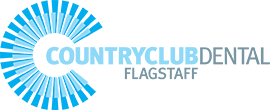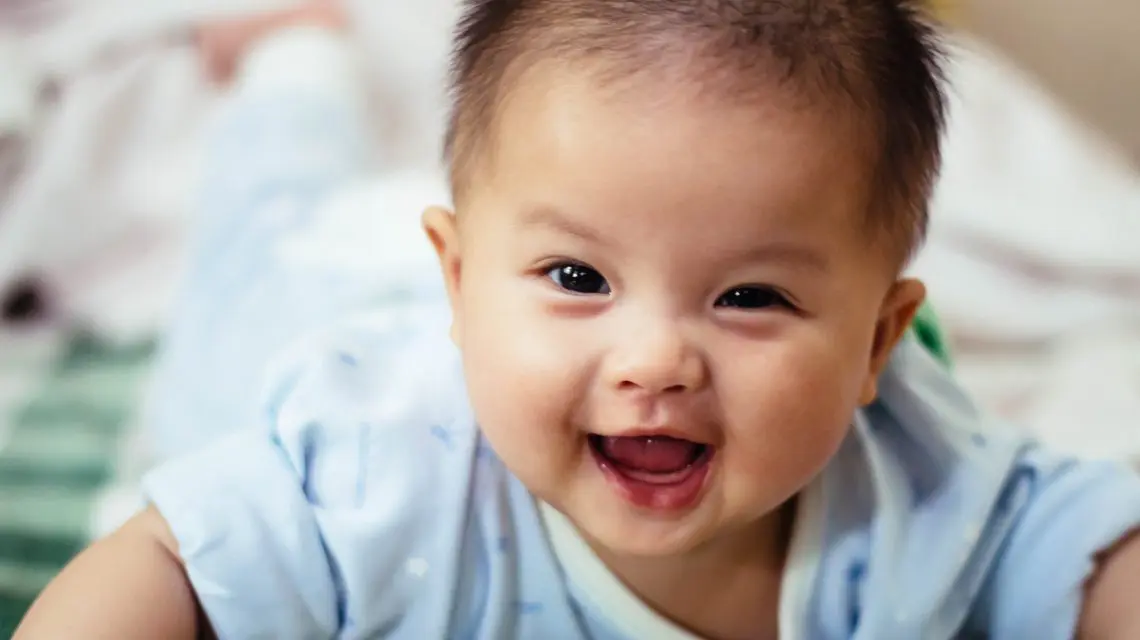It’s never too early to start caring for your child’s oral health. Even when they’re only nursing or drinking formula, babies still need gum care. Milk has sugars that bacteria can eat, and they can infect a baby’s gums. This puts their developing teeth at risk of cavities before they even erupt. Here’s how to take the best possible care of your baby’s gums.
How to Care for Your Baby’s Gums: Five Do’s and Don’ts
1: Don’t Put Off Their Dental Care
Many new parents assume their baby doesn’t need dental care until their teeth start growing in. But their tender gums are still vulnerable to gum disease even if they don’t have teeth. In fact, a baby’s teeth are susceptible to tooth decay before they erupt through the gums. That’s why it’s important to start cleaning your baby’s gums shortly after they’re born.
2: Do Wipe Your Baby’s Gums Twice a Day
Just like you need to brush their teeth when they get older, you’ll need to clean your baby’s mouth twice a day. First, wash your hands with soap and water, then use a soft, damp washcloth to gently clean your baby’s gums, inner cheeks, and tongue.
3: Don’t Use a Toothbrush
There’s no need to use a toothbrush or toothpaste on your baby’s gums. A toothbrush is too rough for your baby’s gums and may cause irritation. Once your baby’s teeth start growing in, you can start using a finger brush or infant toothbrush to clean their teeth. Babies only need a tiny smear of fluoride toothpaste on their toothbrush until they are at least three years old, then they can have a pea-sized amount.
4: Do Keep Bottles and Pacifiers Clean
A newborn baby’s immune system is underdeveloped and doesn’t mature until they reach two or three months of age. And bottles, along with all the pieces that come with them (rings, caps, etc.) can quickly accumulate bacteria that put your baby’s gums at risk. It’s essential that you properly clean, sanitize, and store your baby’s bottle after every use.
Pacifiers also need frequent cleaning. You should always clean a pacifier after it has been dropped on the ground by rinsing it with hot water and soap. Never use your mouth to “clean” a pacifier, as you can transfer cavity-causing bacteria to your baby’s mouth, and expose them to harmful germs.
5: Don’t Let Them Sleep While Nursing
It’s common for infants to fall asleep while nursing, and it may be tempting to let them be. But any unswallowed milk is a feeding frenzy for harmful bacteria that will attack your baby’s gums and developing teeth. So it’s important to detach once your baby falls asleep, especially once they start getting their teeth.
Once your baby is old enough to hold and drink a bottle on their own, avoid sending them to bed with a bottle of milk or juice. Sleeping with a bottle also increases the risk of tooth decay, besides being a choking hazard.
Family Dentist in Flagstaff, Arizona
Has your baby had their first dentist visit yet? At Country Club Dental, we recommend scheduling your child’s first checkup soon after their third birthday. Our friendly dentists will check to make sure your toddler’s teeth are developing correctly and give their teeth a gentle cleaning to keep them healthy.
If your child is due for a dental checkup, call us at 928-526-4314 today to schedule an appointment with Dr. Paul Whitney.
Images used under creative commons license – commercial use (3/2/2023). Photo by Jason Sung on Unsplash


